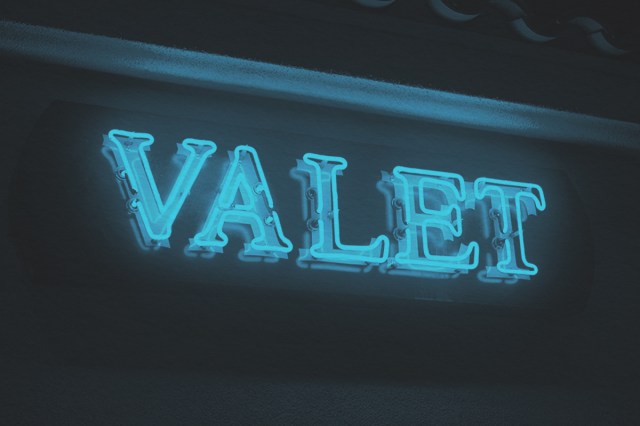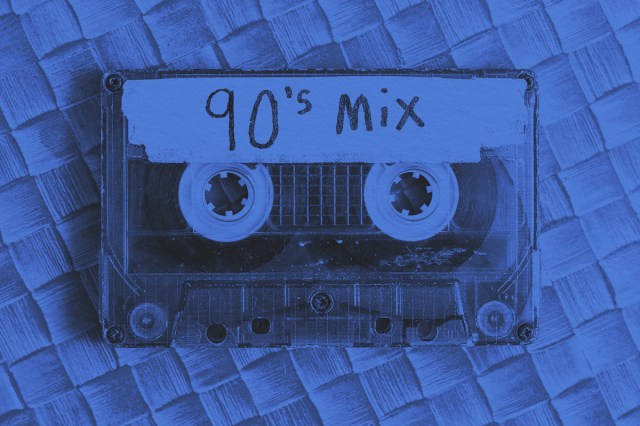
Have you ever stumbled-mumbled over a word you’re not entirely sure how to pronounce? You’re not alone. With vocabulary borrowed from myriad sources and root languages, along with some plain old made-up words, English pronunciation rules aren’t really rules. You can try to sound out words phonetically, but you’re just as likely to be wrong as you are right. And sometimes you only know words from reading, so you’ve never heard the correct pronunciation out loud. Be proud of that — it means you’re well read. Here are 15 of the most commonly mispronounced words and how to say them clearly and confidently in American English.
Healthy food lovers know the benefits of this Amazonian fruit — but how many know how to say it properly? Four letters, three syllables: “ah-sigh-EE.”
Memes aren’t a millennial invention; the word has been around since the 1970s in the sense of a cultural element that spreads rapidly. However, the advent of social media allowed this word — from the Greek mimēma, meaning “that which is imitated” — to take on a life of its own. If you’ve ever said “mee-mee,” “may-may,” or “mem,” “you’re doing it wrong” (to quote a meme). The proper pronunciation is simply “meem.”
It’s easy to get confused with this one. A lot of people say “cash-AY” because it’s so similar to “cachet,” which does have that two-syllable pronunciation. But the correct pronunciation is “cash” — that final “e” is silent. (“Cache” refers to a collection of items in a hidden place, while “cachet” means “prestige.”)
Take a cue from Cher Horowitz — who declared in Clueless that there was no point in practicing parking for her driving test, because “everywhere you go has valet” — and pronounce it “val-AY.” However, if you’re referring to the out-of-date job as a man’s personal wardrobe attendant, you can pronounce that “t” — “VAL-et.”
This one’s a little controversial. The inventor of the graphics interchange format declared that “GIF” should be pronounced with a soft “g” (like the sound in “gin”). In fact, jokes were made that “choosey developers choose GIF” — a riff on Jif peanut butter’s famous catchphrase. But many folks on the internet have gravitated toward a hard “g” sound (basically “gift” without the “t”). Some dictionaries list both versions as correct, but if you want to go with the inventor’s intent, just remember the peanut butter when you share your next GIF.
If you’re into debating politics, “electoral college” is likely in your vocabulary. For the next presidential election, make sure you have the pronunciation down. It’s pronounced “e-LEK-tor-al,” not “e-lek-TOR-al.”
Next time you’re ordering a lunchtime gyro, resolve to say the word properly. This varies somewhat based on location, but you can get it right by asking for a “YEE-roh” or “ZHIHR-oh.” And don’t forget the tzatziki, or “tsah-TSEE-key.”
Many colors are so ubiquitous that everyone knows how to pronounce their names (no questions about ROY G BIV). That’s not the case when it comes to the not-so-often-mentioned mauve, which has slightly different pronunciations in British and American English. In the Queen’s English, it rhymes with “stove,” but in the U.S., it’s “mawv.”
The next time you’re ordering a tea latte, do it with confidence. This caffeine-free tea, which means “red bush” in Afrikaans, is often mispronounced as “roo-BE-ohs,” “rooh-IH-boos,” and “ROO-bus”. The proper pronunciation is the simple “ROY-bus.”
“Chicanery” means “the use of trickery to achieve some purpose.” It is often mistakenly pronounced “chi-CAN-er-ee,” but the correct pronunciation is “shi-CANE-er-ee.” It’s a tricky word to describe tricks.
This word, meaning “the right or privilege exclusive to an individual,” is often mispronounced by forgetting the first “r,” turning the word into “PER-og-a-tive.” When speaking it, pronounce that first “r” but put the emphasis on the second syllable: “pruh-RAH-guh-tive.”
All the “o’s” in this one can make pronunciation confusing. You know how to pronounce the word “zoo,” but what about the “-logy” tacked on at the end? This suffix actually changes the pronunciation of “zoo” by breaking up the first two “o’s” into two separate syllables. It’s up to you whether to keep “zoo” or turn it into a “zoh”: “Zoo-AWL-uh-jee” and “zoh-AWL-uh-jee” are both correct.
A boatswain is a member of a ship’s crew — the person in charge of equipment and crew. This word looks like it would be pronounced as two separate words, “boat” and then “swain,” but a sailor would look at you in confusion. It’s pronounced “BOH-sun,” dropping out the “t” and the “w.”
Soldering is the act of joining metal pieces together with a low-heat metal alloy through higher heat. It looks easy enough to pronounce, but it’s another word where the pronunciation doesn’t match the spelling. The “l” is silent, so the correct pronunciation is “SOD-er.”
Bridgerton fans have a leg up here. A viscount is a lord in the peerage of Great Britain, ranking above a baron and below an earl. The word looks like it should be pronounced as “VISS-count,” but with this British aristocratic rank, the “s” is silent — it should be pronounced “VIGH-count.” Now you can read more of those period romance novels with the correct pronunciation.

























